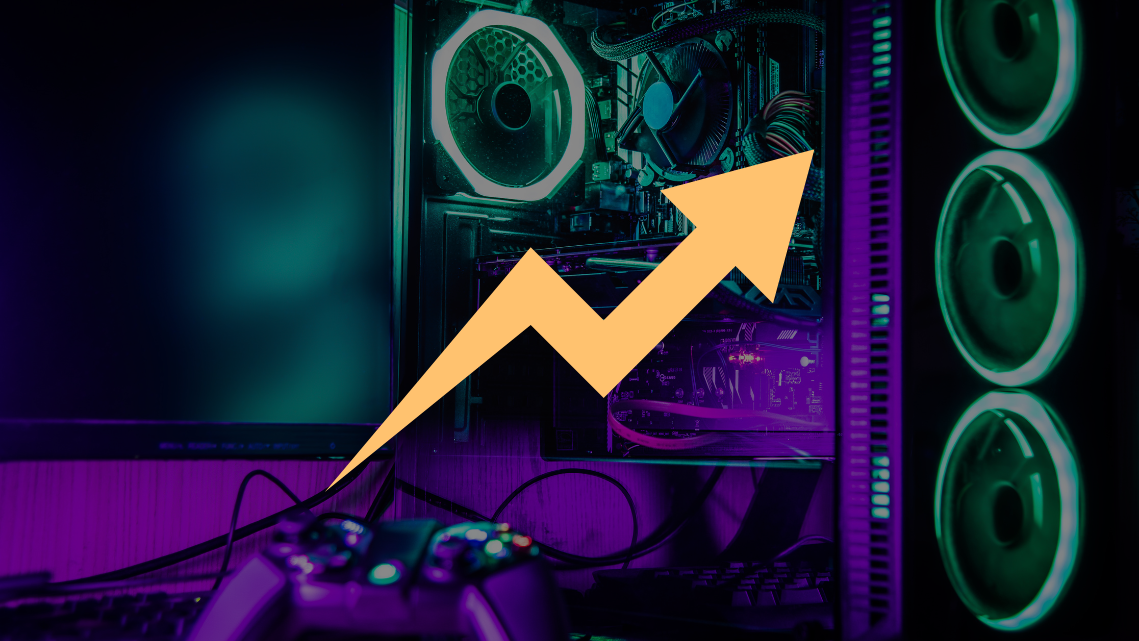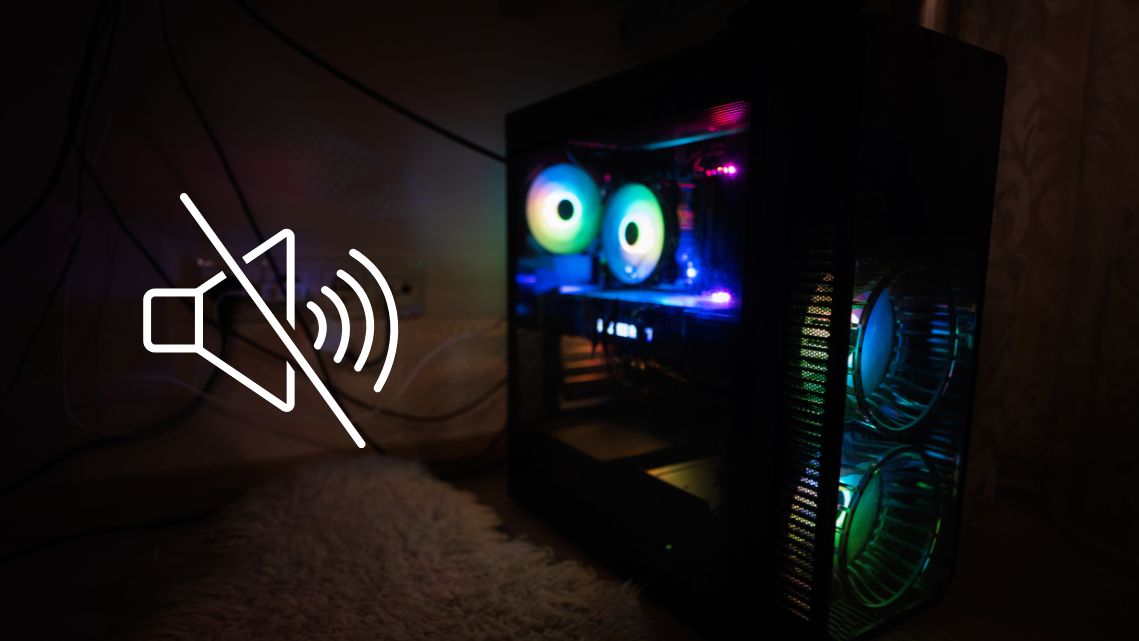Gaming is no longer a solitary experience; it has evolved into a social phenomenon where gaming communities play a significant role in shaping the overall gaming experience. Whether you are a casual player or a competitive gamer, being part of an active gaming community can improve skills, provide support, and make gameplay more enjoyable. In this article, we will explore how gaming communities enhance gameplay, improve player engagement, and contribute to the evolution of gaming culture.
The Social Aspect of Gaming Communities
One of the most compelling reasons for joining a gaming community is the sense of belonging and camaraderie it provides. Gamers from all over the world connect through forums, Discord servers, and social media platforms to share their experiences, strategies, and achievements. These interactions foster friendships and teamwork, which can significantly enhance the gaming experience.
Being part of an online gaming community allows players to participate in multiplayer sessions, discuss game updates, and even form esports teams. This social aspect keeps players engaged and invested in their favorite games for longer periods. Learn more about the importance of gaming communities on IGN and GameSpot.
Skill Improvement and Learning Opportunities
A major advantage of engaging with gaming communities is the opportunity to learn from experienced players. Many online platforms offer guides, tutorials, and live-streamed gameplay to help newcomers improve their skills. Whether you are struggling with a specific level, learning advanced game mechanics, or trying to perfect your strategy, the community can provide valuable insights.
Competitive gaming communities often hold training sessions, coaching programs, and tournaments, allowing players to sharpen their skills through practice and feedback. The collaborative nature of these communities accelerates skill development and fosters a culture of continuous learning. Check out PC Gamer for professional gaming tips.
Enhanced Engagement Through Multiplayer Gaming
Multiplayer games thrive on active and engaged player bases. Gaming communities facilitate matchmaking, enabling players to team up with like-minded individuals. Whether playing cooperative missions or competing in ranked matches, having a supportive team enhances the overall gameplay experience.
In addition, clan systems, guilds, and online tournaments organized within gaming communities add a layer of motivation and excitement. Players feel a sense of achievement when contributing to their team’s success, which drives higher engagement levels. Read more about the impact of online communities at Kotaku.
Exclusive Content and Early Access Opportunities
Many gaming communities have direct relationships with game developers, allowing members to access exclusive content, beta versions, and early updates. Game studios often seek community feedback to refine game mechanics, fix bugs, and introduce new features based on player suggestions. Being part of a vibrant gaming community ensures that players stay ahead of the curve and influence the future of their favorite games. For the latest in gaming updates, visit Steam Community.
Mental Health Benefits and Stress Relief
Beyond improving gameplay, gaming communities offer emotional and mental health benefits. Engaging in friendly conversations, celebrating victories, and even discussing challenges can create a sense of support and reduce gaming-related stress. Many players use online gaming as a means to unwind, and having a community to share experiences with enhances the stress-relief aspect of gaming.
Moreover, gaming communities provide a safe space for individuals to express themselves, make friends, and combat feelings of loneliness. This is especially beneficial for players who may find social interactions in real life challenging. For more insights on mental well-being in gaming, visit Take This.
The Future of Gaming Communities
As the gaming industry continues to evolve, gaming communities will play an increasingly vital role in shaping the future of gaming. With the rise of metaverse gaming, cross-platform compatibility, and blockchain gaming, online communities will drive collaboration, content creation, and game development trends.
Additionally, AI-driven gaming communities and virtual reality (VR) social spaces are expected to redefine how players interact and engage in gaming environments. As technology advances, the role of gaming communities will become even more immersive and impactful.
Conclusion
Gaming communities are essential for enhancing gameplay, improving player skills, and fostering meaningful social connections. They provide a platform for learning, competition, and support, making gaming more engaging and enjoyable. Whether you’re a casual gamer or an aspiring esports professional, joining a gaming community can elevate your gaming experience to new heights.
If you’re looking to enhance your gaming skills, connect with fellow players, and experience the best of online gaming, consider becoming part of a gaming community today!






